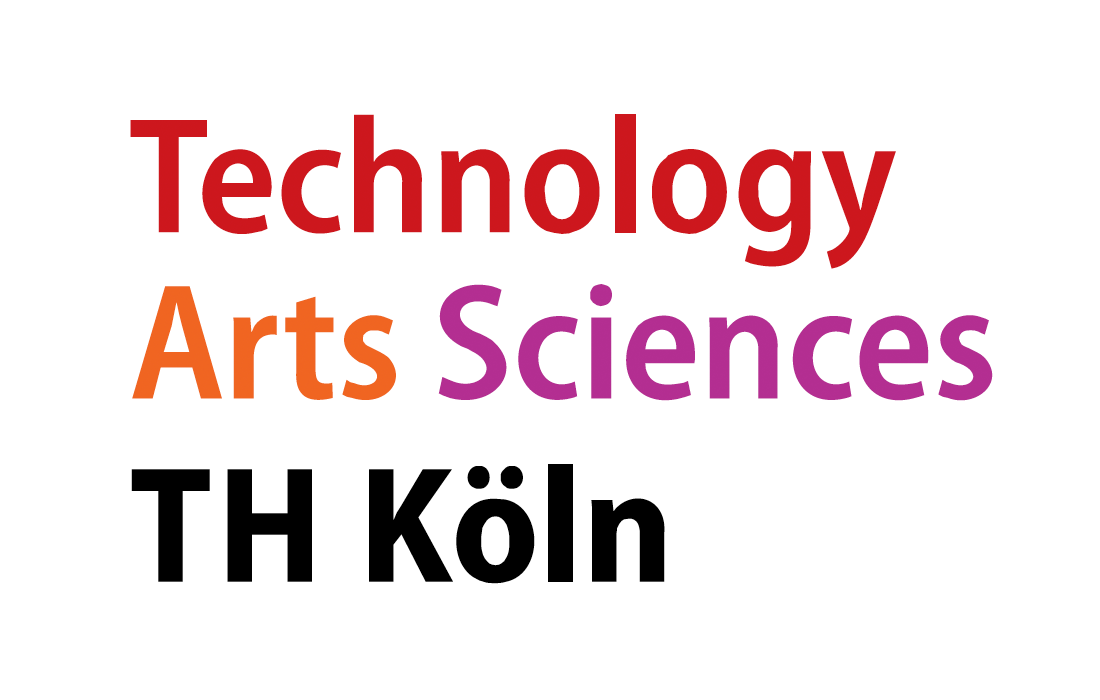Beitrag zu Handlungsfeldern
Nachfolgend ist die Zuordnung des Moduls zu den Handlungsfeldern des Studiengangs aufgeführt, und zwar als anteiliger Beitrag (als ECTS und inhaltlich). Dies gibt auch Auskunft über die Verwendbarkeit des Moduls in anderen Studiengängen und über die Beziehung zu anderen Modulen im selben Studiengang.
| Handlungsfeld |
ECTS (anteilig) |
Modulbeitrag zum Handlungsfeld |
| Generating and Accessing Knowledge |
3 |
In this module, fundamental data visualization concepts as well as concrete skills to represent large data sets are taught.
|
Learning Outcome
In this class fundamental visualization concepts as well as concrete
skills to represent large data sets are taught.
Participants will gain an basic understanding of the physiology of perception and learn to
effectively encode information in figures. Futhermore, they will be
introduced to widely used Python plotting libraries to create figures
based on openly available data sets.
After visiting this class students are able to interprete as well as design figures and are
capable to visualize large data sets.
Inhaltliche Beschreibung des Moduls
- Basics of data visualisation
- Physiology of perception
- The grammar of graphics
- Python based visualisation (matplotlib, seaborn, bokeh)
The course adopts an interactive seminaristic style, fostering active
engagement and collaborative learning among participants. In addition
to comprehensive lectures, the seminar incorporates paper discussions,
enabling students to critically analyze and debate research papers and
case studies related to data visualisation. Furthermore, students will
have the opportunity to showcase their understanding through
presentations, where they can articulate their insights and findings
on relevant topics. To reinforce practical application, the seminar
culminates in a programming project, where participants implement own
visualisation. This multifaceted approach ensures that students not
only acquire theoretical knowledge but also gain hands-on experience
and the ability to apply these concepts in practical scenarios.
Zur Verfügung gestelltes Lehrmaterial
- lecture slides and videos
- exercises
Weiterführende Literatur
 Modul wird zurzeit aufgrund von Kapazitätsgründen leider nicht angeboten!
Modul wird zurzeit aufgrund von Kapazitätsgründen leider nicht angeboten!
